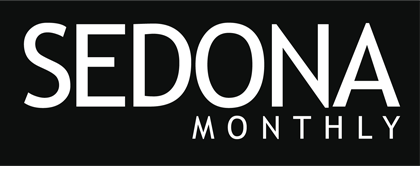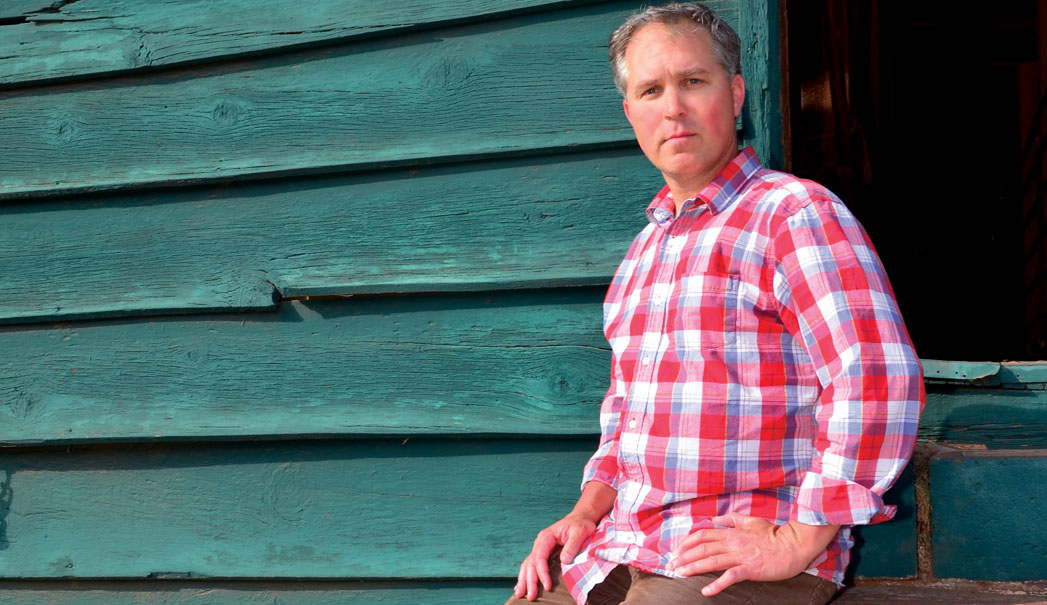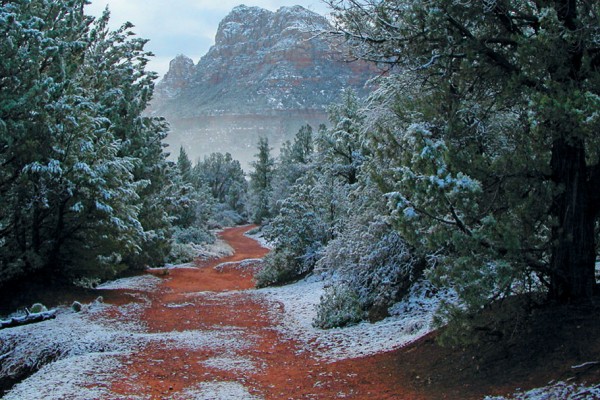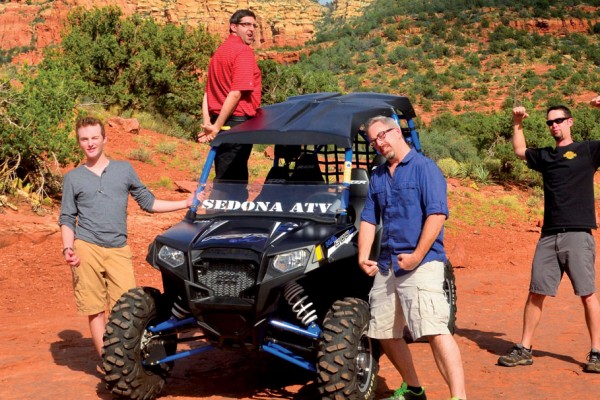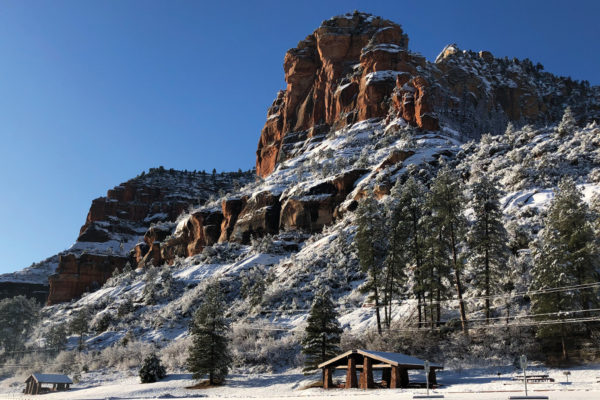It’s surreal to sit across from a Sedona resident who has Bono on speed dial, but it gets even more surreal when you realize that’s not the most interesting thing about Bill Carter. Bill became friends – close friends – with Bono and the rest of U2 in 1993 when he managed to get backstage at a U2 concert in Italy and persuade the band to spread the word about the atrocities of the Bosnian War, which was largely being ignored by the European and American press. Bill, who was born in California, was volunteering as an aid worker in Sarajevo. After a few days of brainstorming and one very lavish party attended by rock stars and supermodels, U2 agreed to do a series of satellite broadcasts from Sarajevo to hundreds of thousands of audience members attending the European leg of the band’s groundbreaking Zoo TV Tour. The linkups frequently killed the concert buzz, but they also got the word out about what was happening in Eastern Europe.
“We first met Bill Carter in July 1993 in Verona, Italy, during the height of the Bosnian War,” says Bono in a quote obtained by Bill. “We were on tour, and Bill had traveled to the concert venue from Sarajevo. After the initial meeting we decided to do satellite link-ups between Sarajevo and the venues in European cities where we were playing. Those glimpses from Sarajevo had a lasting effect on us and our audiences.
Bill has since made several documentary films and written three books including his most recent, Boom, Bust, Boom, which received a paperback printing this spring. This journalist/filmmaker/photographer moved to Sedona last summer. Once I heard a major player in the U2 story was living a few miles away, I knew I had to meet him. Bill and I sipped tea at Desert Flour Bakery in the Village of Oak Creek one morning. What follows is an edited transcription of our conversation.
Sedona Monthly: Before you traveled to Bosnia with The Serious Road Trip, what was your background?
Bill Carter: I was a young traveler in many ways. I graduated from UC Santa Cruz with degrees in economics and political science. I was very interested in traveling the world, and I did that on my own for two years. I worked as a bartender in Australia. I taught English in Taiwan. When I came home, I went to Alaska and worked for a cannery. I met a young girl and fell in love. We had it all mapped out like you do when you’re 25, and she had a tragic accident and died. That began a two-year process of being lost. I spent a year in Trinidad in the West Indies, out of contact with everyone I knew. I was hitchhiking from Luxembourg to Croatia and The Road Trip picked me up and took me to Sarajevo. I didn’t know them. I had a backpack, a bottle of whiskey, some toilet paper, clothes and a camera. I had $200. It was winter in Bosnia, and I was overwhelmed by what I walked into. I only knew about the war in the vaguest of ways. I basically spent two years there on $200. People think I got there because I had connections, but my story is a testimony to the fact that I didn’t have any connections.
How did you get the idea to approach U2 about the war? You’ve indicated that you weren’t a huge U2 fan.
I grew up with them. One of the first shows I went to was Amnesty International. I was a fan, and they were in the mix with The Cure and The Smiths. But a perfect storm brewed in late spring ’93. I had been in Sarajevo for three months, and I was exhausted. The summer of ’93 was the worst of the war. I was hanging out with a lot of musicians, and I was getting tired of watching people die and starve. Our efforts were good, but I wanted to take it to another level. Sarajevo is a very vibrant, alive city, and I felt like they were being starved in that way, too. Really, my motivation for reaching out to U2 was to connect that. I knew U2 was coming to Italy, and I had a friend who was going with his girlfriend. I was working at a TV station in Sarajevo doing dark comedy sketches with Bosnian friends of mine. I saw U2 talking about the birth of the European Union. I thought they were insane – Europe was on fire. But I liked that U2 were thinking about the EU. They were Irish, which meant they had a history with the ‘troubles.’ They would be well-versed on religion as a weapon rather than a reason for war. I’d read the liner notes – I knew they were people with heart. The Irish are a lot of things, but they have a lot of heart. I thought it was worth a chance.
There was a snafu with your press credentials in Verona, so how did you wind up getting backstage?
I didn’t sneak backstage. I wrote a fake fax, and they told me to come to Italy. I was in Sarajevo, and I had lost track of reality. I thought that because they faxed me to come, that was all I needed. When I got to the stadium, all I had was a fax. I was on a mission, and I was very focused. I wanted to interview Bono and the band about Sarajevo. The Italian guards thought I was a joke. The guard said Sarajevo was full of thieves, and I hit him. We got into a fistfight. I took what he said personally. We were on the ground, and at that point, U2’s inner sanctum came running out. I gave them the fax and they said, ‘Oh yeah, we’ve been waiting for you. Come on in.’ I was ushered downstairs into a hallway. They had to clear the green room of super models – literally – and I set up with my camera. Their publicist told me the band had never done an interview before a show. They were going onstage in 55 minutes. I said I’d wait, but she said Bono really wanted to do it. Bono came into the room. As an interview, it’s very amateur. I’m asking him U2 questions, he doesn’t want to answer U2 questions and I don’t want to ask U2 questions. At some point, we basically – without saying anything – switched the channel. That’s when it became fascinating.
